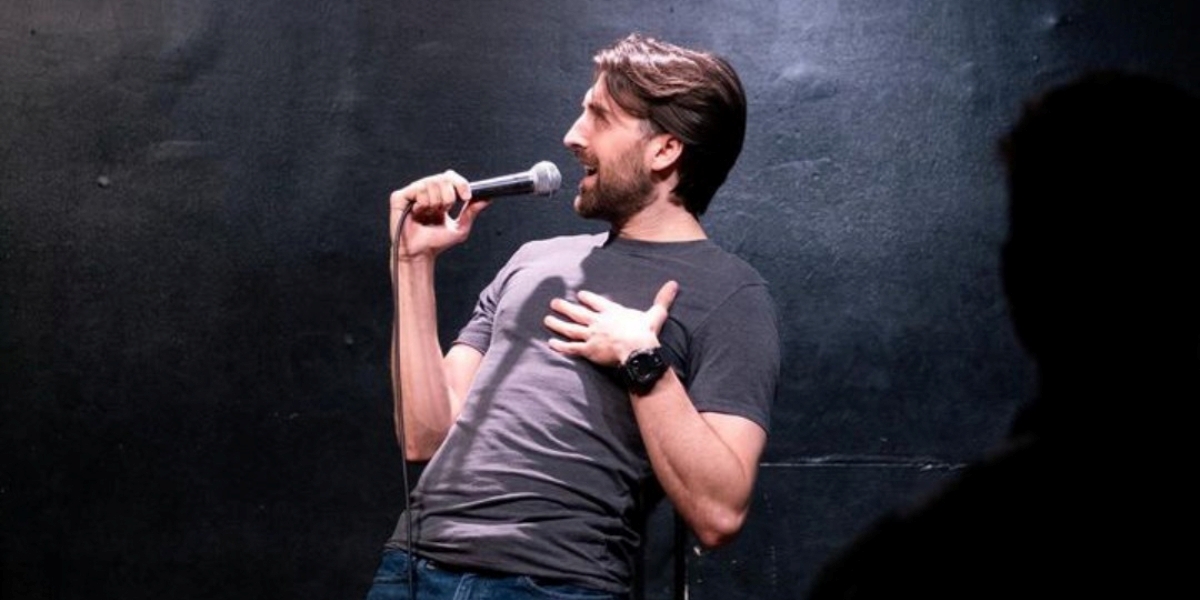By: Tom White
In a cultural moment where mental health is finally being talked about with more openness and urgency, one comedian is taking that conversation center stage armed with sharp wit, therapeutic honesty, and a fearless hour that’s generating serious buzz on the festival circuit.
Kevin Turner’s new stand-up hour is being hailed as “hilarious and healing,” a rare blend of punchy observational comedy and deeply personal mental health storytelling. But getting here was no easy feat.
“I was struggling with my disorder for 10 years or so before I finally got help,” he revealed. “It wasn’t until I learned about OCD and got some distance from it that I could even consider the comedic potential. For a long time, I thought, ‘How could I ever joke about this?’ But that question became the challenge and the heartbeat of this show.”
What’s emerged is a set that is unflinchingly personal yet universally resonant. Kevin doesn’t just write jokes about mental health, he mines his own treatment journey for material, framing vulnerable truths with brutal honesty and expert timing.
“I don’t see vulnerability and comedy as opposites,” he says. “Comedy is how I process the feelings I’m most afraid of. When I write, I try to be deeply honest with myself, not the audience. I think that’s where my best jokes live.”
Still, some material felt too personal to touch at first, until a revelation changed everything.
“The goal of the whole show was to reach my darkest jokes at the end. Not for shock value, but because I learned how deeply misunderstood OCD is. I kept thinking: how many people are silently suffering? The only reason I could speak about it is because my aunt had the courage to tell me about her OCD. That gave me the clarity I needed, and I hope my set gives that to someone else.”
And it has. After nearly every show, someone comes up to say, “I thought I was the only one. I thought I was crazy.”
Even with some pushback from friends and fellow comics, “You can’t tell those jokes,” he was warned, Kevin’s intent has always been clear: reduce shame, raise understanding, and make people laugh along the way.
“I judge myself on intent,” he explains. “I know the jokes are dark, but I also know how much it would’ve helped me to hear them 10 years ago.”
Audience reactions have been as varied as they are meaningful.
“One person told me their favorite part was the darkest joke in the set—and that I should start there,” he recalls with a grin. “And my therapist came to a show and said it was ‘therapeutically accurate.’ Of course it was, I have OCD. We’re known for following instructions.”
As for what comes next?
“I have at least two other hours floating around in my head,” Kevin shares. “But right now, I want to keep building this one and hopefully take it to the Edinburgh Fringe in 2026.”
Beyond the accolades and laughs, Kevin Turner’s hour is helping shift the cultural narrative around mental health—and what it means to be a comedian in 2025.
“I hope it shows people you don’t have to like a joke to understand it. And that’s the first step to having more open, constructive conversations about mental health and each other.”
In this set, the line between stand-up and sit-down therapy is blurred and audiences are better for it.
















